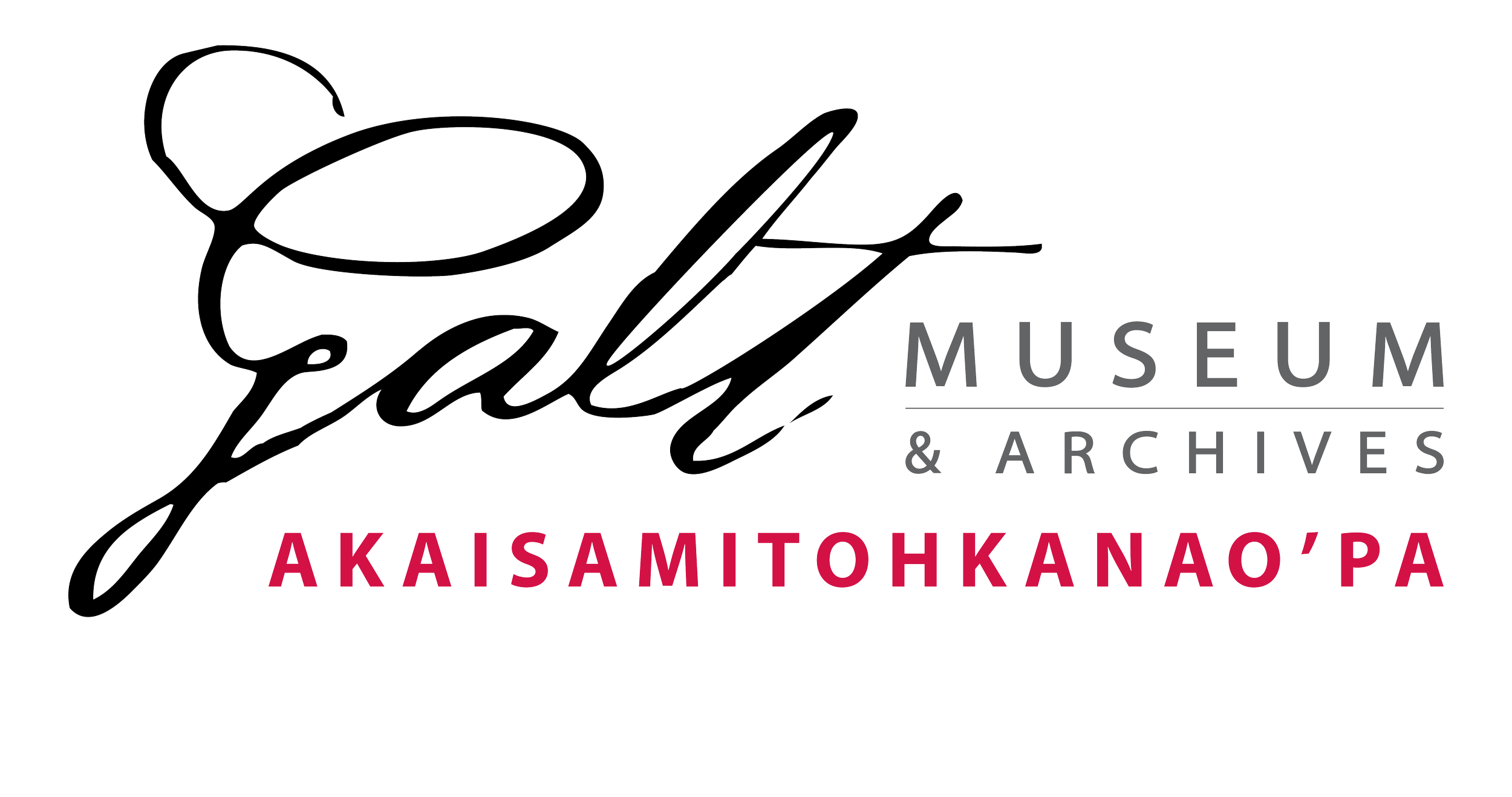Why? But why? It doesn’t seem fair.
If I ever hear of a group of kids who have taken over a country and are running it, I won’t be at all surprised to find out it was one of the classes who visited the museum yesterday. Every so often, and I’m not even sure how it happens, you get a group of students together in a class who work off each other to create a class that is much better than it’s component parts – a group of kids who make connections and understand things much better than most of the classes of the same age. It’s a rare thing and when a class such as that comes to visit, you better bring your A game because you’re going to need it.
This group of students was not ready to just accept things but wanted to know WHY. For example, our program yesterday was Ukrainian Connections (grade 3). As part of our discussion of Ukrainian clothes we talk about the men’s belt and how it was once used for horse- back riding. And that as women were not permitted in those days to ride horse, the women’s belt was considerably shorter. Usually that’s enough of an explanation for a class. However this class wanted to know much more than that. Why was the woman’s belt different than the men’s? Why weren’t women allowed to ride horse? Why, why why? We didn’t get much chance to discuss this (as the bus was waiting and they had to get back to school) but their considered belief was that it wasn’t fair and that girls should get to do everything boys do. I wonder if we should create a program on women’s history designed for elementary school kids for days like this?
Speaking on incredibly smart kids, last week the representatives of the regional heritage fairs in Alberta presented to the delegates at the Historical Society of Alberta Conference. Imagine it – five students in grades 4 to 9 (representing Southern Alberta, Central Alberta, Edmonton (2) and Grande Prairie) talked about their research and projects to a room full of historians – many of whom have worked in this field for years, many of whom have written several books on history. I don’t know about you but at that age I would have been terrified to speak in front of a group like that. But these kids were phenomenal. Kids can and do love history. And I think we should all do whatever we can to help create and develop these future historians.
And a special thank you to Mikayla Berger for presenting on behalf of southern Alberta. You did an amazing job!

